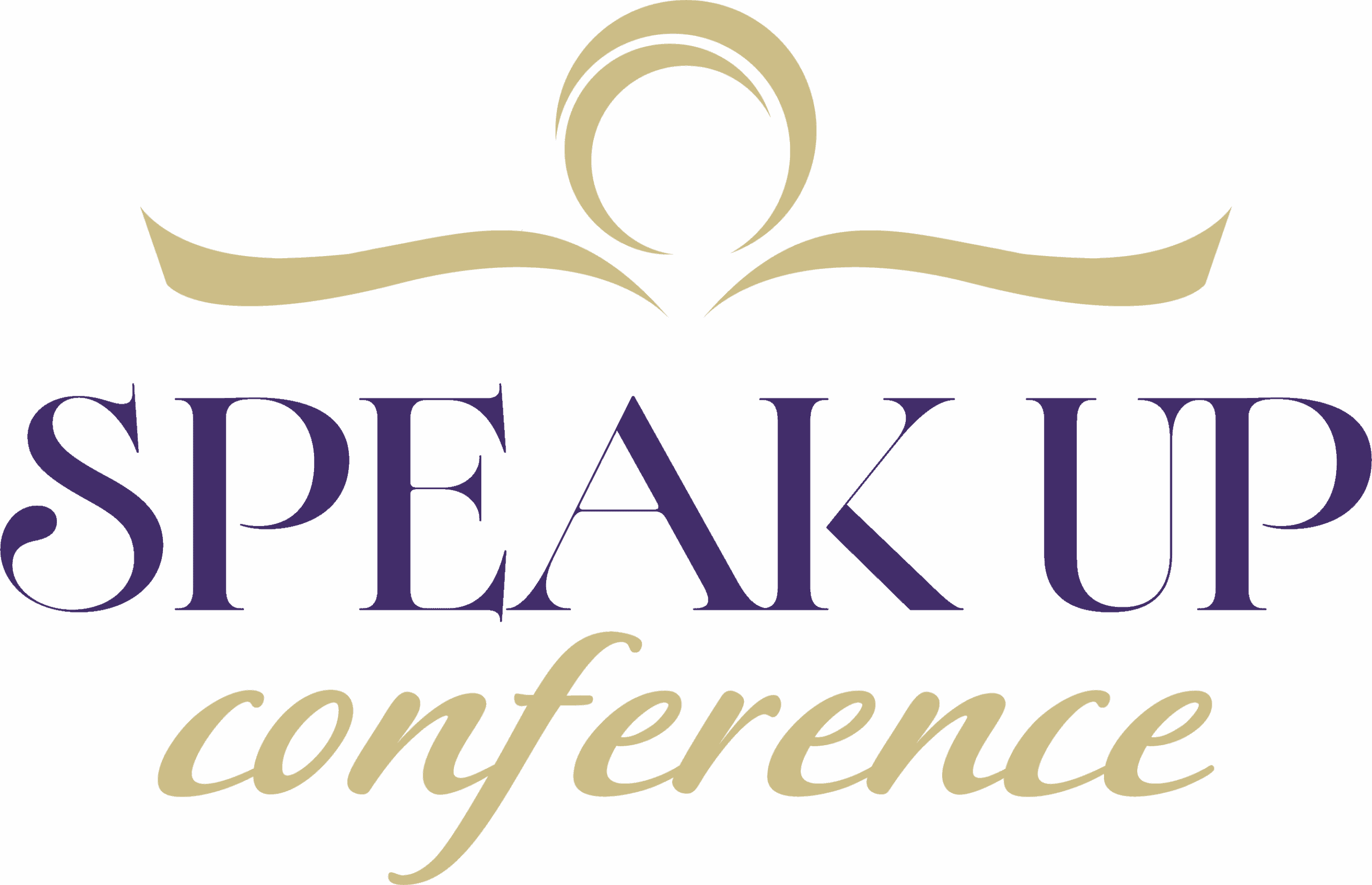
Literary agents sift through tons of submissions, so how do you make yours stand out? The key is to create a compelling pitch and query letter. Think of it as a super-powered elevator pitch—a concise and engaging introduction that hooks the agent from the get-go so they’ll actually open your proposal or first pages.
1. Know Your Pitch, Craft Your Query
Before diving in, let’s solidify the difference between pitches and queries. A pitch is a concise, often verbal encapsulation of your story’s essence. It’s the hook that grabs attention, be it in a face-to-face meeting or a query letter. The query letter, on the other hand, is a more comprehensive written “document” of about 400-500 words that elaborates on your pitch, providing additional information about your manuscript.
2. Structuring a Winning Query Letter
Think of your query letter as a carefully crafted elevator pitch for your book. Here’s a breakdown of its key components:
- Greeting: Address the agent by name. A personalized touch shows you’ve done your research.
- Optional Connection Point (Consider): Did you attend a workshop the agent led? Briefly mention it without going overboard.
- Metadata: Include essential information like word count, genre, and target audience. (e.g., “THE ENCHANTED THIEF is an 86,000-word young adult contemporary fantasy.”)
- Pitch: Here’s where your story truly shines! Craft a captivating hook that captures the essence of your plot, characters, and the emotional core of your narrative.
- Bio: Briefly introduce yourself and your writing background. Any relevant awards or publications can be mentioned here.
- Farewell: Thank the agent for their time and consideration.
3. Craft a Powerful Pitch
Your pitch is like a verbal trailer for your book. Keep it concise, clear, and brimming with intrigue. Here’s a sample formula you can adapt:
[Title of your book] is a [genre] story about [protagonist] who [central conflict]. Fans of [comparison titles] will devour this tale of [emotional core] and [unique element].
4. Understand the Power of Competitive Titles
Competitive Titles (aka Comparative Works aka Comps) are recent, successful books that share similar themes or genres with yours. Referencing them in your pitch or query helps position your manuscript within the market and gives agents a touchstone to understand your work.
Look for titles published in the last 3-5 years from bestsellers, mid-list authors, and relevant publishers. Sources like Amazon, publisher websites, and bookstores can be your goldmine for finding the perfect comparisons.
A great way to use comparison titles in a query or pitch is to explain how the how the comp matches your work. As an example: “My book has the resourceful tips found in Book ABC with the powerful prose of Book XYZ.”
5. Find the Right Agents to Query
Here are some places to look for literary agents that represent your category or genre:
- QueryTracker.com
- ManuscriptWishList.com
- Check the acknowledgments section of books within your genre to see if the agent was mentioned.
- Literary agency websites will often list the agents and what they’re looking for.
- Christian Writers Market Guide (or an older version of the Writers Market Guide, but always double check that the agent is still agenting or to see if they are still at that agency)
- Search #askagent on X (formerly known as Twitter)
- Check out faculty pages on writer conference websites
6. Go Beyond the Query Letter
The world of pitching extends beyond query letters. Here are some avenues to explore:
- In-Person Pitching: This method allows you to connect with agents face-to-face. Perfect your pitch beforehand and focus on positive body language: open hands, eye contact, and an engaging voice.
- Online Pitching: You can submit directly to agents/editors, participate in contests or workshop pitches, or even attend online pitch events and parties on platforms like Twitter and Discord. Remember to follow event guidelines and tailor your pitch accordingly.
7. Remember Some Do’s and Don’ts of Pitching and Querying:
- Do:
- Include comparison titles and metadata.
- Be succinct and clear.
- Follow submission guidelines meticulously.
- Send queries in batches to maximize your reach.
- Have a polished, completed manuscript ready.
- Don’t:
- Be rude or unprofessional.
- Pitch via social media direct messages (unless specifically requested).
- Use distracting fonts or excessive formatting.
Remember, the road to publication is a marathon, not a sprint and unfortunately, rejection is a natural part of the process. As an author, I hated getting the rejections. As an agent, I hate giving them and super-duper-hate passing them on to my clients. But with rejection comes learning.
Listen to feedback and refine your pitch and query. This is why sending out queries in batches can be more effective than sending out your query to every agent you can think of at one time—it gives you a chance to make corrections or edits before sending to the next batch.
It is my sincere hope that you’re able to connect with the agent of your dreams. They’ll be your partner in crime (the literary kind!), helping you navigate the publishing world and turn your dreams into reality. So, take a deep breath, polish those query letters, and be ready to impress!
Questions: What tip in this blog is the most helpful to you? What question would you most like to have a literary agent answer?


About Bethany Jett
Bethany Jett is a multi-faceted creative who wears many hats: associate literary agent, award-winning author, and marketing strategist. But her favorite roles are that of a military wife to her college sweetheart and mom to their three teenage sons. Her motto is “Teach as you go,” which she lives out as the co-owner of Serious Writer, a company that teaches and empowers writers and authors. Connect with her at BethanyJett.com.

